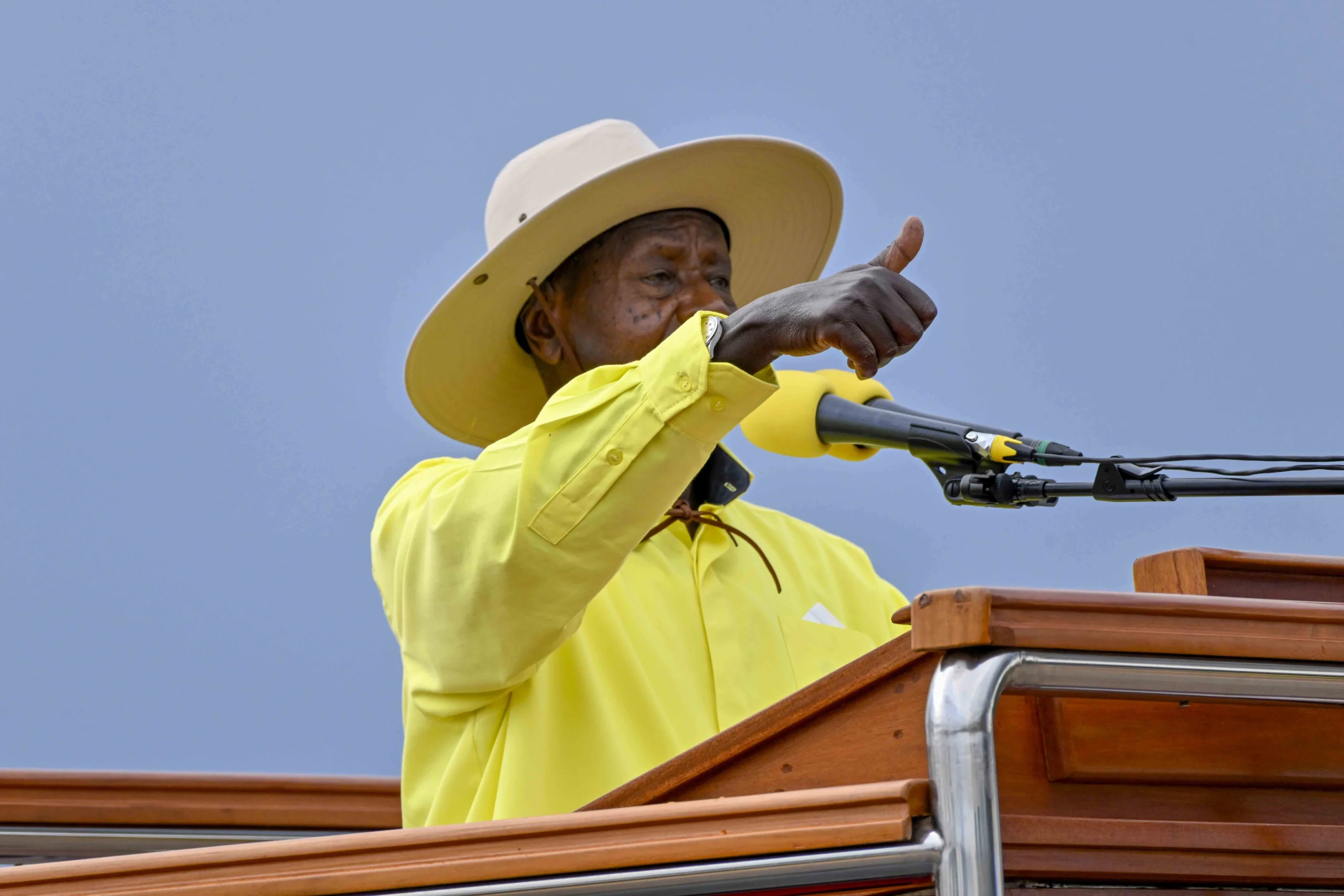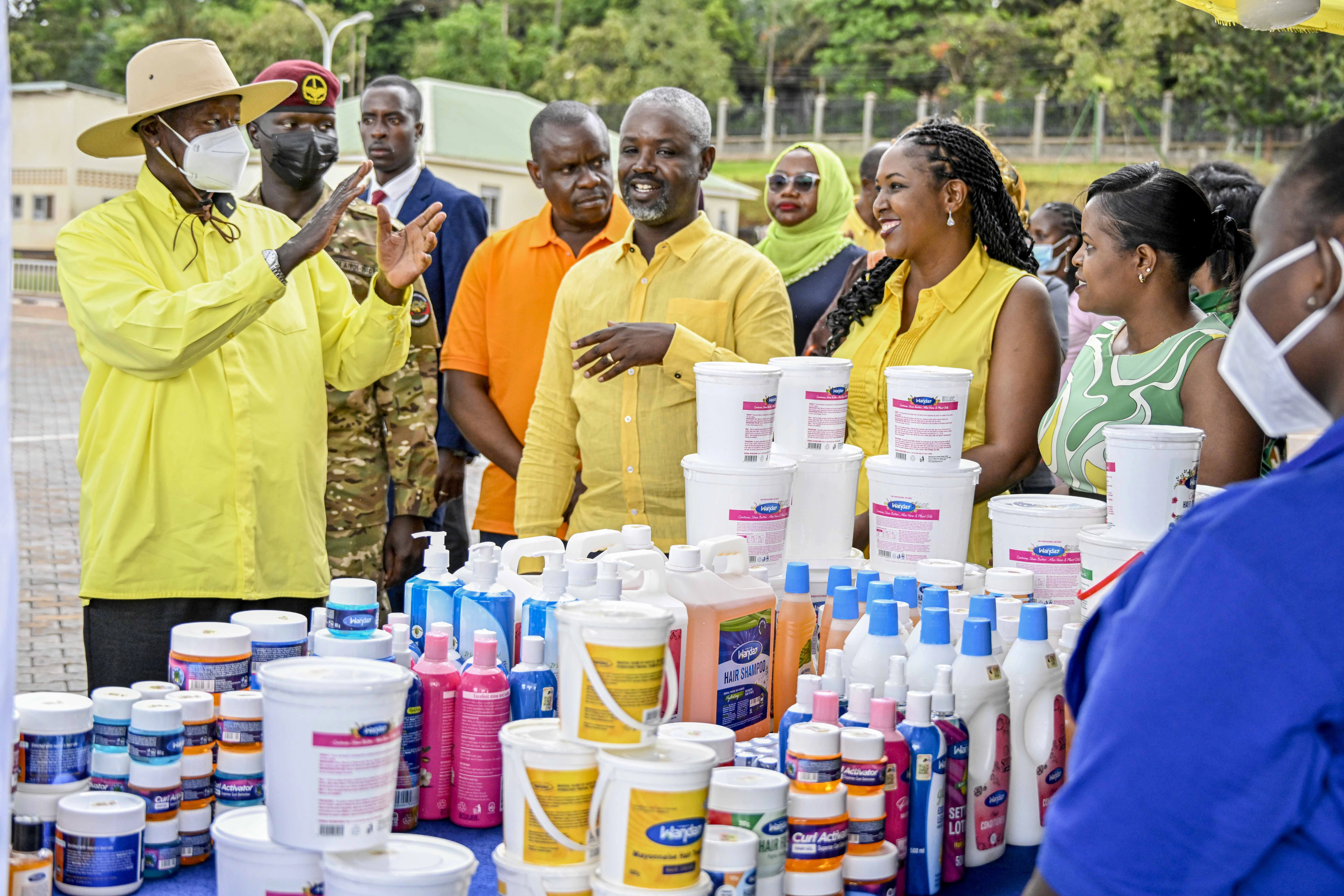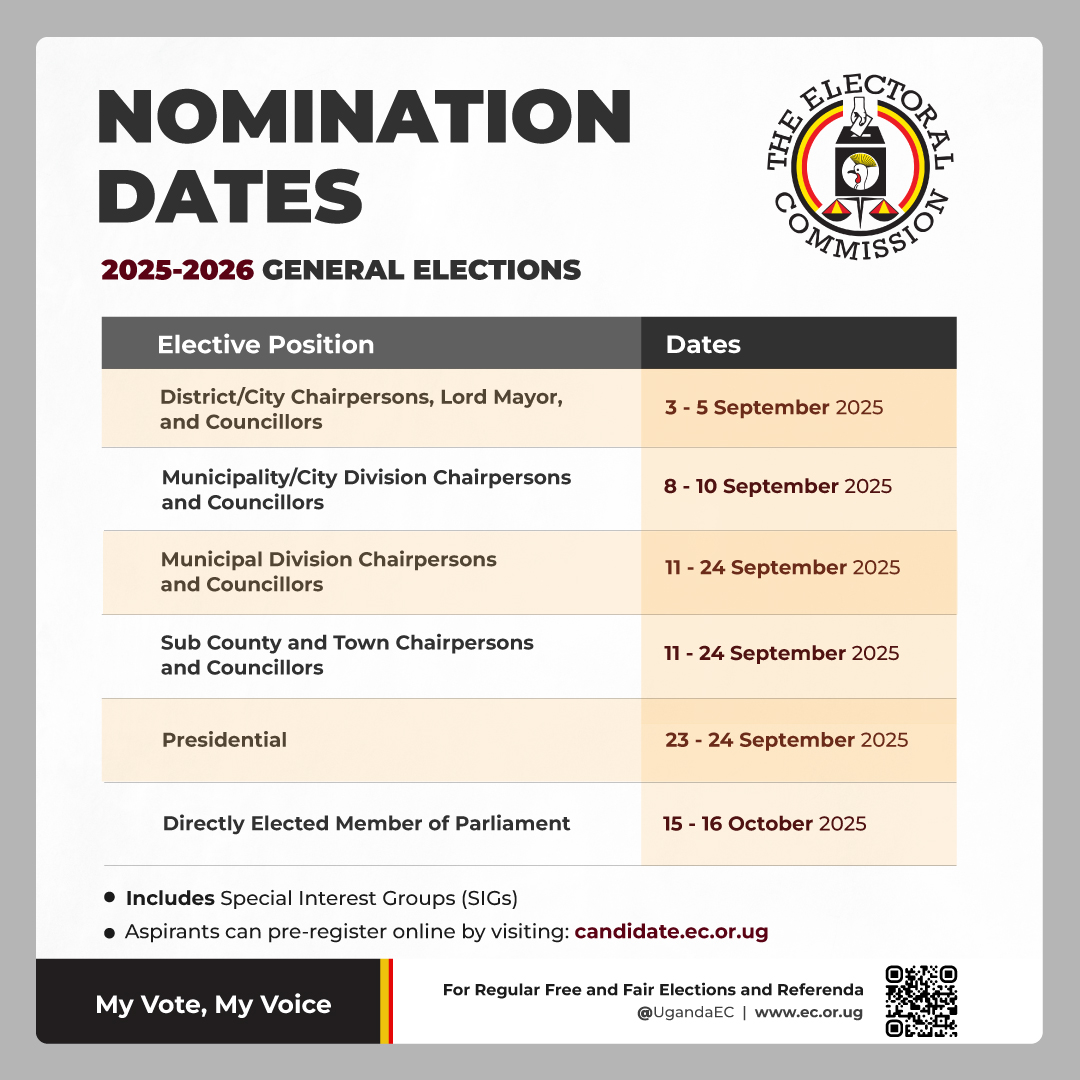In a defining moment for East and Central Africa, President Yoweri Kaguta Museveni of Uganda hosted a high-level Tripartite meeting at Fort Portal State Lodge, bringing together senior government delegations from South Sudan and the Central African Republic (CAR). The summit laid the groundwork for an ambitious 1,100-kilometre regional road infrastructure project intended to connect Kampala to the Central African Republic via South Sudan—an undertaking poised to reshape the region’s trade and connectivity landscape.
The historic summit, attended by ministers and technical experts from the three nations, focused on accelerating regional integration through practical collaboration in infrastructure development. President Museveni’s leadership was praised for spearheading this transformative agenda, aimed at unlocking regional potential through physical connectivity, economic exchange, and peace-building.
At the heart of the deliberations was the proposed Tripartite Road Corridor, which will run from Kampala–Karuma–Nimule–Juba–Kaya–Yeyi–Juba (Uganda to South Sudan), and then extend into the Central African Republic via Juba–Mundri–Yambi–Yumbo–Ezo–Bambouti–Obo–Sibuti. The route is envisioned as a strategic commercial artery that will reduce transport costs, enable movement of goods and people, and serve as a catalyst for regional development where direct road links have long been non-existent.
The delegations also reviewed the progress made during previous bilateral consultations between Uganda and CAR, including the March 2025 discussions under the stewardship of Presidents Museveni and Faustin-Archange Touadera. Building on these earlier efforts, the Tripartite summit adopted a phased implementation approach for the road project.
Phase I—the short-term plan—will focus on emergency repairs, gravel upgrades, and vital bridge works to quickly enable basic connectivity. Phase II, aimed at medium- and long-term goals, will involve tarmacking of gravel roads and the rehabilitation of existing paved routes to establish a durable and efficient road network.
To ensure coordinated execution, the summit established a Tripartite Technical Committee (TTC) made up of experts from the Ministries of Transport, Infrastructure, Defence, Foreign Affairs, Internal Affairs, and the Solicitor General. The TTC is charged with carrying out detailed route inspections, conducting feasibility studies, finalising road alignments, and designing a joint implementation framework.
Demonstrating a commitment to holistic regional integration, Uganda and the Central African Republic also signed a Bilateral Air Service Agreement (BASA) on the sidelines of the summit, paving the way for direct flights between Kampala and Bangui via Uganda Airlines. A supporting Memorandum of Understanding was also concluded, signaling intent to boost aviation connectivity, tourism, and diplomatic engagement between the two nations.
The Ministers from the Central African Republic and South Sudan expressed deep appreciation to President Museveni and the people of Uganda for their warm hospitality and commitment to inclusive development. They reaffirmed their governments’ dedication to the regional corridor initiative, recognising its potential to transform livelihoods, enhance regional security cooperation, and drive economic prosperity for border communities.
With the TTC now set to commence technical groundwork, the next Tripartite summit will be convened upon completion of inspections and preparatory studies. The meeting concluded with the signing of the BASA and a joint communiqué, encapsulating the spirit of collaboration and shared purpose that marked the occasion.
In attendance were Uganda’s Minister of Works and Transport, Gen. Katumba Wamala, South Sudan’s Minister of Roads and Bridges, Hon. Simon Mijok Mijak, and Central African Republic’s Minister of Equipment and Public Works, Hon. Eric Mathieu Rokosse-Kamot, alongside senior technical officials from all three countries.
As President Museveni noted in his closing remarks, this is not just a road-building initiative—it is the laying of a foundation for unity, transformation, and self-determined growth across the region.




